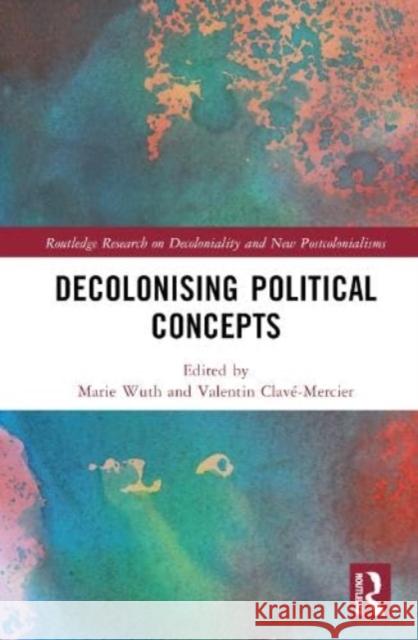Decolonising Political Concepts » książka
topmenu
Decolonising Political Concepts
ISBN-13: 9781032275918 / Twarda / 2023 / 224 str.
Decolonising Political Concepts
ISBN-13: 9781032275918 / Twarda / 2023 / 224 str.
cena 747,55
(netto: 711,95 VAT: 5%)
Najniższa cena z 30 dni: 654,86
(netto: 711,95 VAT: 5%)
Najniższa cena z 30 dni: 654,86
Termin realizacji zamówienia:
ok. 30 dni roboczych.
ok. 30 dni roboczych.
Darmowa dostawa!
This book presents a transdisciplinary and transnational challenge to the enduring coloniality of political concepts, discussing the need to decolonise both their theoretical constructions.











